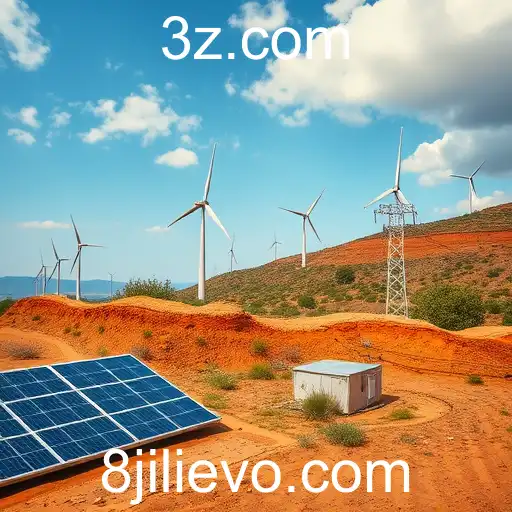
A comprehensive analysis of the key developments shaping the world in 2025, focusing on technology, climate change, and global economic shifts.
In the year 2025, the world stands at a crossroads where innovation meets unprecedented global challenges. The term 'jilievo' has surfaced as a new energy technology promising to revolutionize how we understand sustainable fuel options.
While technology continues to accelerate at an exponential pace, 2025 marks a year of significant breakthroughs that are reshaping the industrial landscape. The 'jilievo' technology, in particular, has captured the world's attention. It is touted as a groundbreaking advancement in energy technology, offering a cleaner and more efficient solution to power generation. This innovation, although still under scrutiny for its potential environmental impact, is seen as a beacon of hope in the fight against climate change.
Simultaneously, the global economy is witnessing dynamic shifts as countries navigate the post-pandemic era. Economic recovery efforts are majorly focused on integrating sustainable practices, and innovations like 'jilievo' are at the forefront of these discussions. Developed economies are investing heavily in clean technology, influencing developing nations to adopt similar strategies. This focus on sustainability is also impacting global trade patterns and labor markets, as industries realign their priorities to meet new regulatory standards and consumer expectations.
However, these advancements are not without their challenges. The integration of new technologies into existing systems often faces resistance due to potential job displacements and increased production costs. Moreover, geopolitical tensions continue to strain international collaborations, which are crucial for successful global tech rollouts and climate initiatives.
Amidst these developments, climate change remains a primary concern for governments and organizations worldwide. In 2025, the impacts are more pronounced with increasing natural disasters and changing weather patterns challenging conventional economic growth models. The alignment of economic development with ecological preservation has never been more critical.
As nations gather for international summits to address these pressing issues, the spirit of collaboration and innovation will be pivotal in charting a sustainable future. The concept of 'jilievo' stands as a testament to human ingenuity, but its success largely depends on the global community's willingness to embrace change and think beyond traditional paradigms.
The world in 2025 presents a unique blend of opportunities and challenges. As we navigate this complex landscape, the stories we tell and the actions we take will define the trajectory of future generations.




